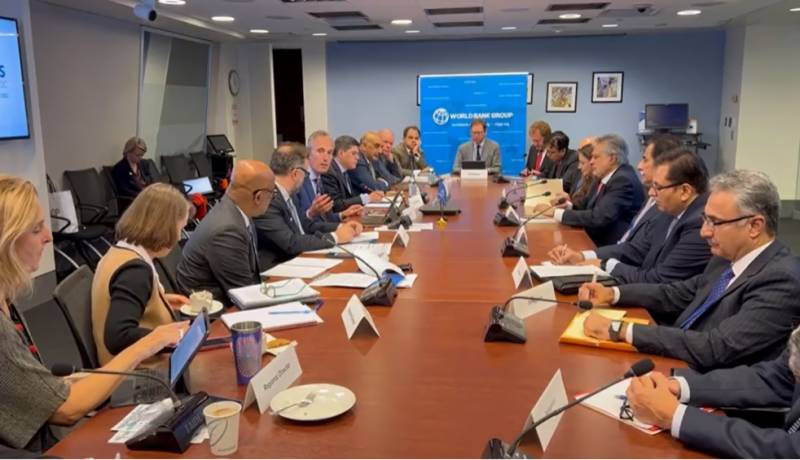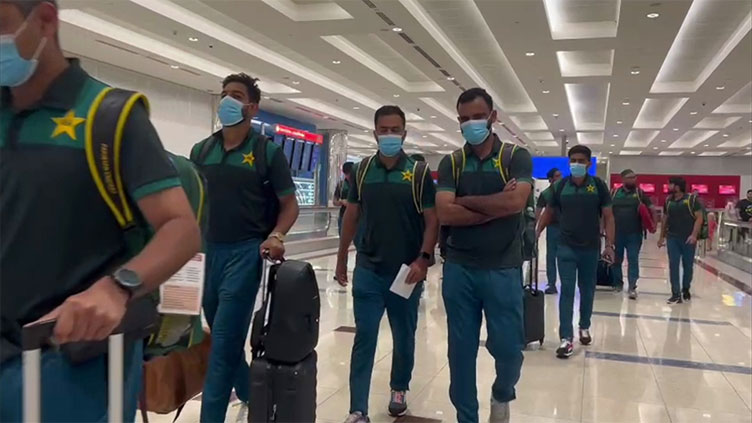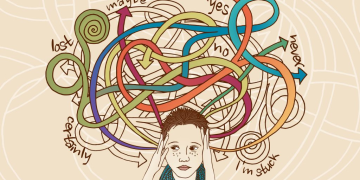The spread of erroneous news and misinformation on social platform Whatsapp is apparent. Whatsapp is considered an easiest way to convey the sheer propaganda and treacherous news on a large scale. To some extent, people’s minds are diverted and deluded by them. The agenda behind it is to keep people misinformed about the situation so that they can take advantage of their vulnerability.
The worst thing about WhatsApp is fake news and conspiracy theories. Now and then people forward this bogus information without even validating it. The consequences of such fake news are harmful because people believe it no matter what and that is where the trouble begins.
Whether the news is about the pandemic or aurat march, we’ve seen how people make a controversy out of it by just forwarding these phony messages. The agenda behind creating these messages are vicious. It is the simplest way to create chaos, spread hatred and mold other person’s mind accordingly. Most of the time people generate these messages out of fun but the mastermind with a motive create to ignite violence.
The problem proceeds when people don’t check the authenticity and believe with their closed eyes. Such messages incite turmoil and misinformation. Let’s just take a look at the coronavirus, one must have come across to the totkas of how to kill the corona virus by just drinking hot boiling water or offer salah and virus won’t even touch you and what not. Sadly, people believe such gibberish. The target audience are the boomers; apparently, they are the vulnerable one who believe and forward it in the first place.
In India, WhatsApp messages wrongly reprimanded an innocent Muslim being a kidnapper, as he was stopped to give chocolates to the children. He was brutally murdered by the locals on site. WhatsApp plays a crucial role in inciting violence and hatred among people. These fake news and videos provoke citizens to act violently. Whether its mob lynching of an innocent, riots or clashes, WhatsApp is a medium behind these acts.
But we can’t solely blame WhatsApp for spreading inaccurate information, altered videos and images, apparently Facebook, Twitter, Instagram, and other social platforms are also the channel of proliferating such information. The government is trying to tackle down the crisis but it keeps multiplying day by day. We can’t always blame people for doing such acts but also those who take part in it by circulating without checking the authenticity.

























































